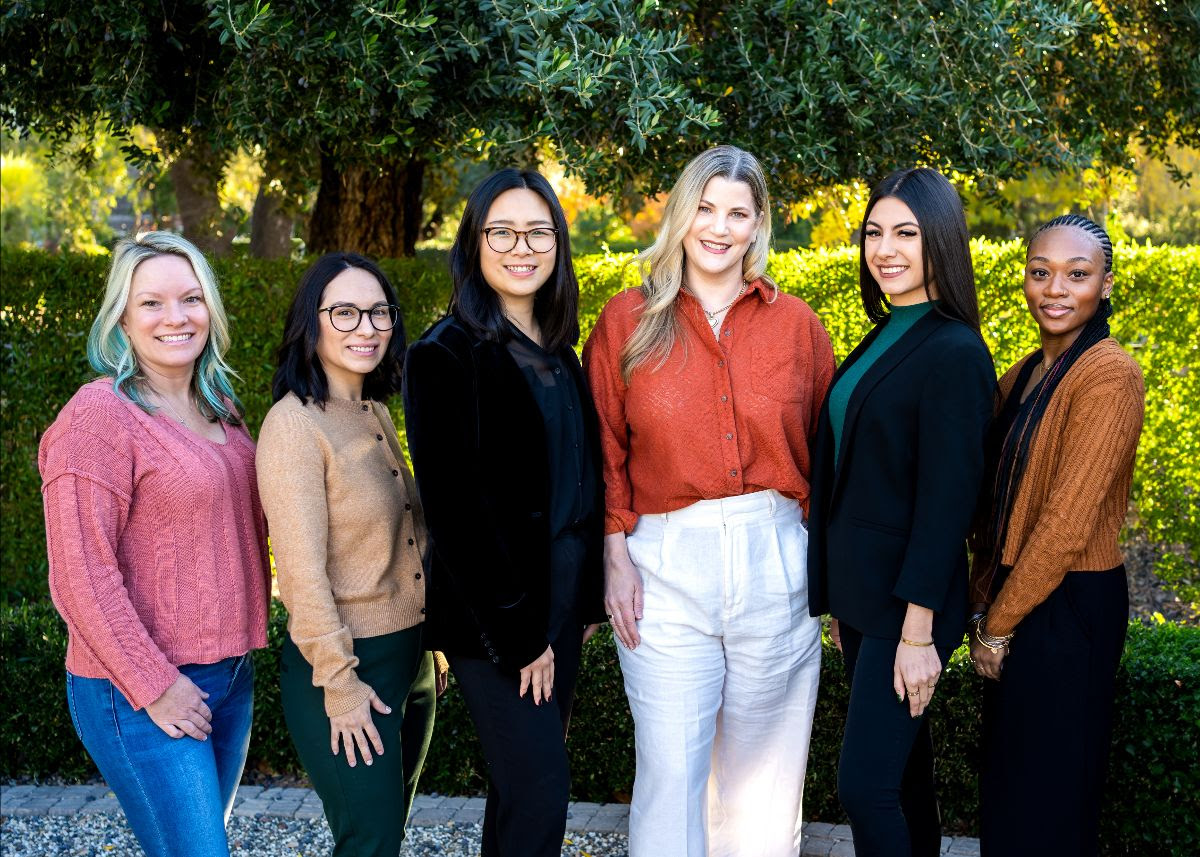Addressing Syphilis and Congenital Syphilis Together in Arizona
Published:
If we are really going to move the dial on congenital syphilis in Arizona, we have to be looking at the whole picture.Karen Martinot, Director of Programs and Clinical Administration, Affirm

Arizona’s syphilis cases have increased nearly 450% since 2015, a staggering rise even as cases have gone up across the country. Not surprisingly, Arizona also now has one of the highest rates of congenital syphilis.
Facing these alarming rates, and a shortage of OB/GYNs to screen and treat syphilis, Arizona Title X grantee Affirm took action. As a provider of sexual and reproductive health services, Affirm is poised to help clients identify and address risks to their health and the health of future pregnancies—risks like syphilis.
Initially, Affirm focused on strengthening its own Title X network: Raise syphilis awareness among clinical staff and develop syphilis screening protocols so clients with risk factors don’t fall through the cracks. (They leaned on CDC’s guidance for syphilis screening in high-prevalence areas and the National Family Planning and Reproductive Health Association’s syphilis clinical protocol template.)
But why stop there? Through the efforts of Karen Martinot, Affirm’s Director of Programs & Clinical Administration, Affirm was awarded a Maternal Health Impact Mini-Grant from the RHNTC and two other grants to bring other stakeholders on board and multiply Affirm’s syphilis prevention efforts.
Martinot spent this spring reconnecting with partners that share Affirm’s interest in curbing syphilis and congenital syphilis in Arizona—like the Arizona Preconception Health Alliance, Arizona State University, Valley of the Sun United Way (VSUW), Maricopa County, and the Arizona Department of Health Services (ADHS).
Affirm also connected these partners to each other and prompted them to identify their expertise, service area, and any assets they can contribute to syphilis prevention initiatives. For example, VSUW will provide event space and administrative support for Affirm’s upcoming syphilis prevention training, broadening its reach beyond Title X clinics. With VSUW’s support, 80 people can attend in person and an unlimited number can attend virtually. Affirm also joined ADHS’s newly formed Congenital Syphilis Prevention Collaborative, further strengthening its network and impact.
These partnerships are forging a powerful and coordinated effort that is driving momentum for syphilis prevention statewide. Dr. Martinot pointed out that this effort grew out of nurturing established relationships with like-minded organizations that know and trust Affirm’s work.
“By evaluating what you and other organizations are uniquely positioned to do, evaluating who may be best situated to do other pieces of the work, we were able to support our partners, leverage our own strengths, and, as a result, everybody’s work is made better.”
Looking to invest in partnerships that can strengthen your work? The RHNTC’s Engaging Diverse Community Partners and Stakeholder Mapping job aids can help you get started.
For additional resources to address syphilis, check out the RHNTC’s new Syphilis Resource List.
